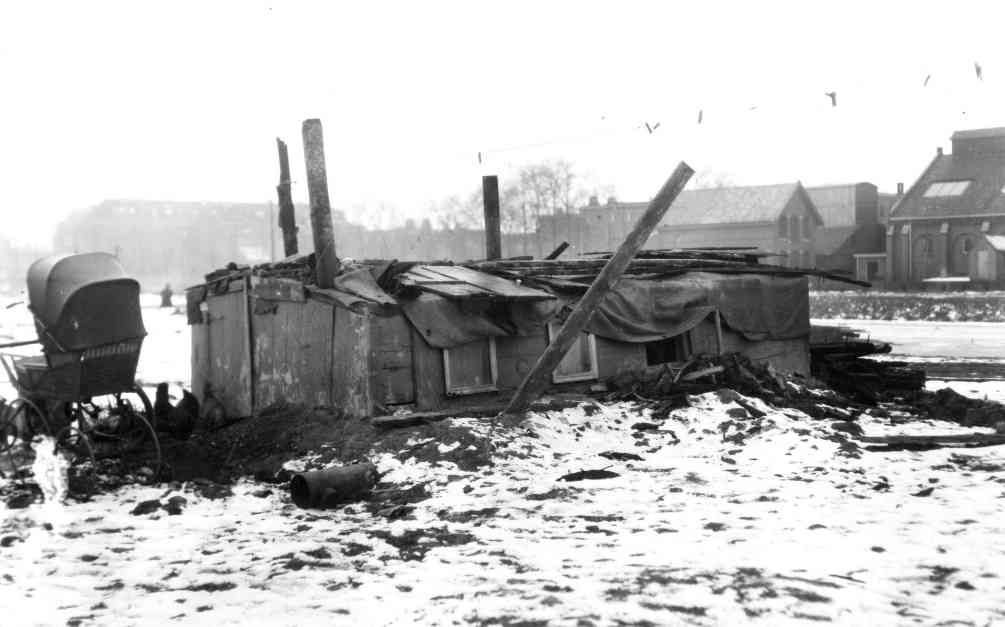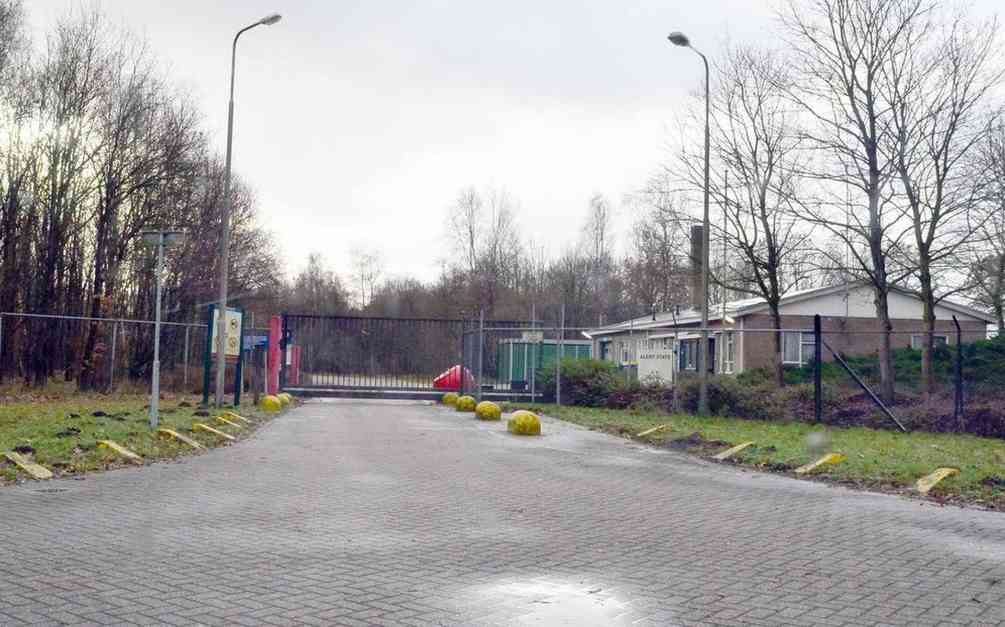The new version of the Brabant nitrogen policy will take longer to be finalized. The delay is due to the current government formation and the cancellation of the national transition fund, which contained 20 billion euros to help provinces with nitrogen measures. The original plan was to approve BOS 2.0 (Brabant Approach to Nitrogen) in the third quarter of this year. However, in a letter to the Provincial States, nitrogen deputy Wilma Dirken stated that this will now happen in the last quarter of the year.
The main reason for the delay is the elimination of the transition fund. The previous government intended to finance the necessary measures to reduce nitrogen emissions with this fund. However, the coalition agreement of the forming parties PVV, NSC, VVD, and BBB includes the removal of the fund. It is still unclear what the new government’s nitrogen policy will look like and how much funding will be allocated. The deputy hopes that this will become clearer in the coming months.
Adjustments to Meet Goals
Currently, there is an excessive amount of nitrogen deposition in nature, which is harmful. The province’s goal is to reduce excessive nitrogen deposition in about half of all natural areas by 2030. The province believes that agriculture must make a significant contribution to this goal. Currently, 91 percent of sensitive nature in Brabant receives too much nitrogen. With the current policy, this would decrease to 64 percent by 2030, still exceeding the target by 14 percent. Therefore, adjusting the BOS is necessary. Due to the poor state of nature in Brabant, no nature permits have been issued since March 2023 for projects that would impact sensitive nature with nitrogen deposition, such as building houses or constructing roads.
By restoring nature and reducing nitrogen emissions, the province hopes to resume issuing permits. This requires clear, decisive choices, according to provincial officials. The province is currently working on the following measures:
– Implementing a maximum emission limit in the long term to restrict the amount of nitrogen companies in a sector can emit.
– Introducing an international approach to reduce nitrogen from across the border.
– Monitoring the effectiveness of measures. Measures must be legally sound to prevent a second permit stop.
– Creating a list of reserve measures that can be implemented if the current measures are not effective.
The hope is for clarity on the new government’s nitrogen policy and how the province will finance its nitrogen plans by the end of the year. However, it remains uncertain if this clarity will be achieved by then. Despite the uncertainties, the provincial government is proceeding with this expectation.





















